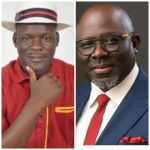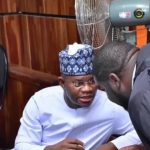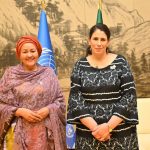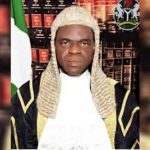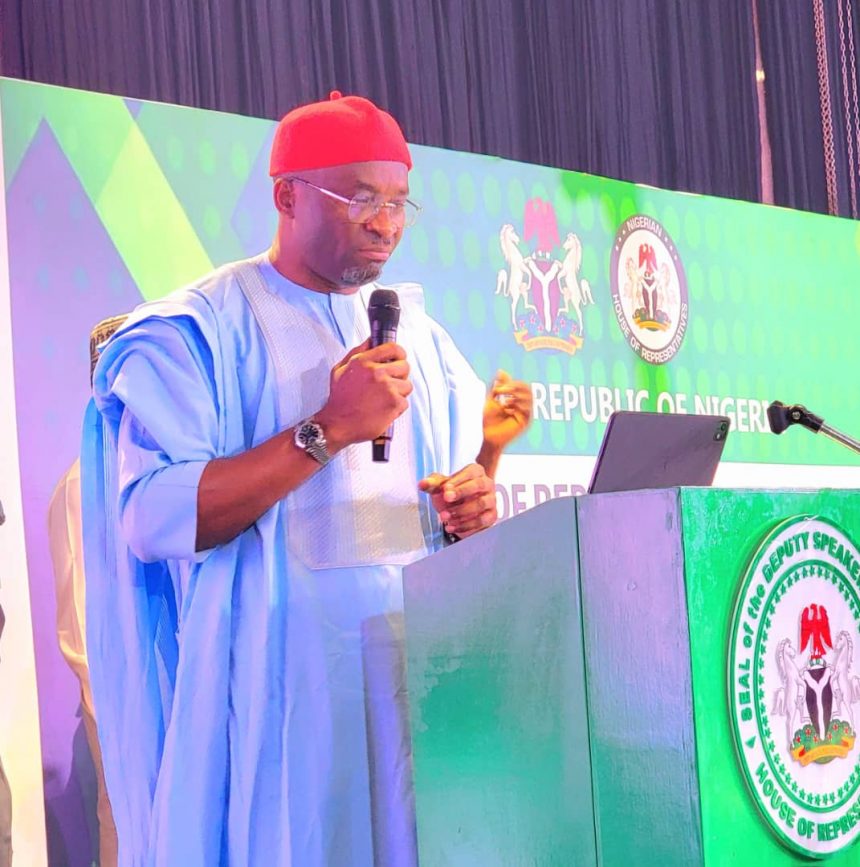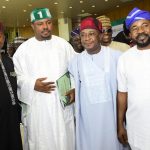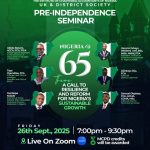Deputy Speaker Kalu Highlights Key Areas of Proposed Constitutional Amendments at National Public Hearing
By Nelson Ogbu
The Deputy Sfpeaker of the House of Representatives and Chairman, Constitution Review Committee, Rt. Hon. Benjamin Okezie Kalu, has reaffirmed the commitment of the 10th National Assembly to delivering a people-driven constitution that reflects the aspirations of Nigerians.
Speaking at the National Public Hearing on the ongoing constitutional review exercise held at the Transcorp Hilton, Abuja, Kalu described the process as the most inclusive and participatory in Nigeria’s history. He emphasized that the 87 amendment proposals under consideration are products of extensive consultations across the six geopolitical zones and represent the voices and memoranda of citizens rather than the agenda of the legislature.
Key Areas of Reform Highlighted
Electoral Reforms: Proposals include independent candidacy, creation of an Electoral Offences Commission, and fixed timelines for pre-election matters to safeguard the people’s mandate.
Devolution of Powers: A landmark bill seeks to move policing from the Exclusive Legislative List to the Concurrent List, paving the way for state and community police.
Local Government Autonomy: Proposed amendments aim to guarantee both financial and administrative independence for local governments to strengthen grassroots development.
Gender Inclusion: Bills propose the creation of reserved seats for women in legislative houses and gender balance in government appointments.
Kalu noted that while the public hearing marks the final stage of direct citizen engagement, the process will proceed to parliamentary debates, harmonization with the Senate, and eventual ratification by at least 24 State Houses of Assembly. He urged Nigerians to remain actively engaged and hold their representatives accountable to prevent dilution of reforms.
Commending President Bola Ahmed Tinubu for providing the political will and enabling environment, the Deputy Speaker stressed that ultimate authority lies with the people, whose continued participation is vital to the success of the exercise.
He concluded with a call for unity, urging citizens to rise above ethnic and religious divides to craft a constitution that guarantees justice, inclusivity, and progress for future generations.

